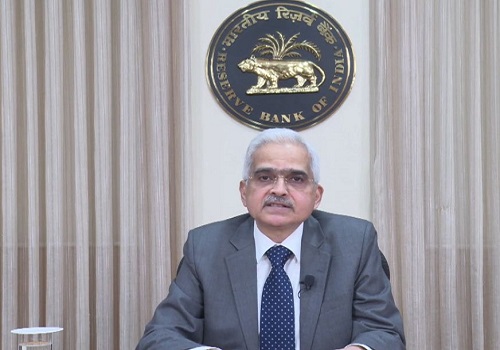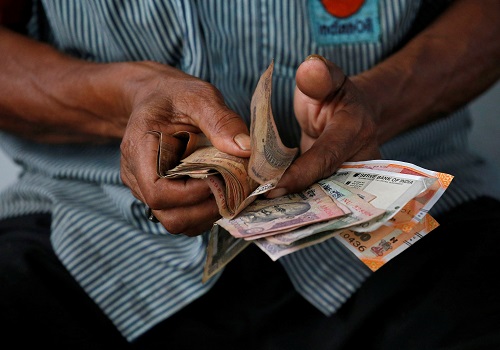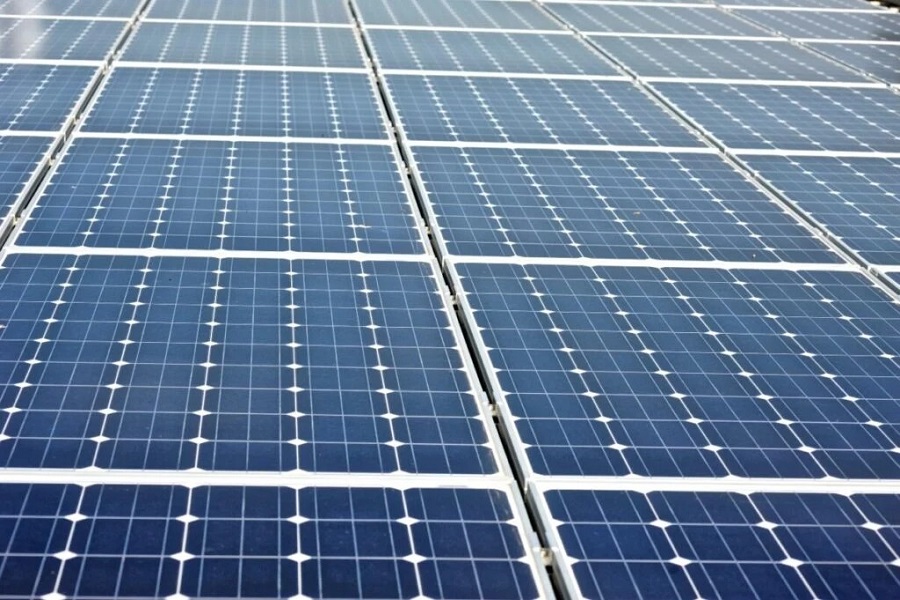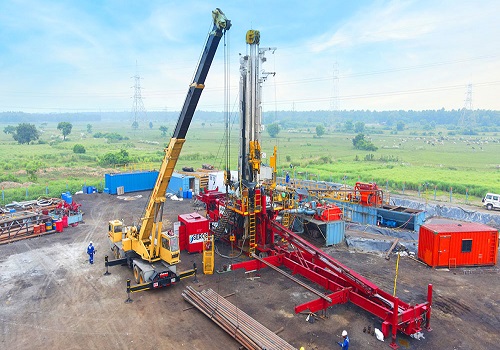Lower petrol and diesel consumption, make transportation sustainable in India: Experts
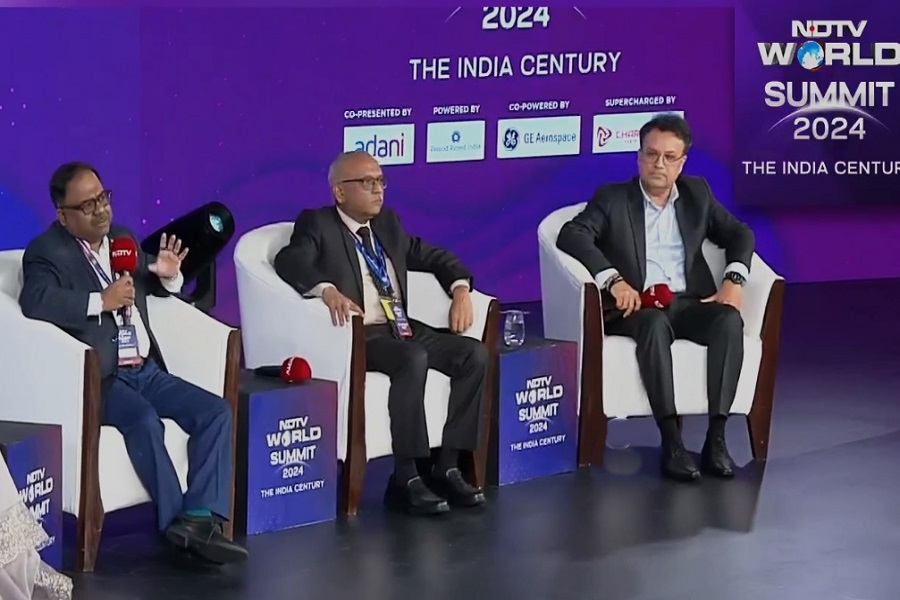
As the enterprises strive to embed the environmental, social, and governance (ESG) framework into their core business model, industry experts on Tuesday said they are trying to make transportation in India more sustainable by lowering the consumption of petroleum and diesel.
India has been seeing record petrol and diesel consumption in vehicle sales, while electric vehicles are yet to make a mark. According to the Petroleum Ministry, though electric vehicle sales are getting traction, it’s still only 6.85 per cent of total vehicles registered.
"Fossil fuels used for generating electricity and transportation are two big elephants in the room. India consumes close to 150 million metric tonnes of petrol and diesel for transportation, said BillionE Co-Founder Mustafa Wajid at the NDTV World Summit. Wajid said the group is trying to address this problem and has deployed “electric trucks".
"Decarbonising the transport sector at one level is our corporate objective. The name Billion means we would like to do a billion kilometres of decarbonised transportation," he added.
India's transportation requirements have multiplied by three times in the last three years and now stand at 3 tonnes kilometres. It is growing faster than the GDP, he said.
Wajid attributed it to the “increased urbanisation, consumerism, and e-commerce sector. At BillionE we would like to see how to make this transportation more sustainable."
The expert also lauded India’s Carbon trading scheme expected to be effective by 2026.
"The vision of the government is to create a carbon market like you have the stock market. The creation of the stock market took a lot of time. And digitisation happened recently, in the last two decades. The process is on, and policies are being drafted. We are optimistic, we will see it kicking off in 2026," he said.
"Carbon credits will come. It is not in the rearview mirror anymore. There will be challenges but good organisations who can adapt and understand will be generating carbon credits. There will be a very vibrant market," he added.
Further, the experts also deliberated on the challenges that companies face in following ESGs.
According to Ajay Pillai, Partner Sustainability and Climate Change, Deloitte's quality of data and availability of reliable data to report; awareness level and expertise within the system, and intent required from the top management are the key problems in adopting ESG practices.
Gagandeep Sethi, Senior VP, Integrated Operations and Sustainability & Responsibility, Pernod Ricard India said the company has a “very comprehensive ESG programme under the umbrella name 'good times from a good place'”.
“It is super aligned to ESG principles and UN SDGs with its core elements of nurturing terrain, land from which we draw all our resources. Everything that we do, we have to ensure we restore that balance of the earth.
"Secondly, circular making. While we produce products to delight customers, we do it sustainably. The third element is about valuing people," Sethi said.














